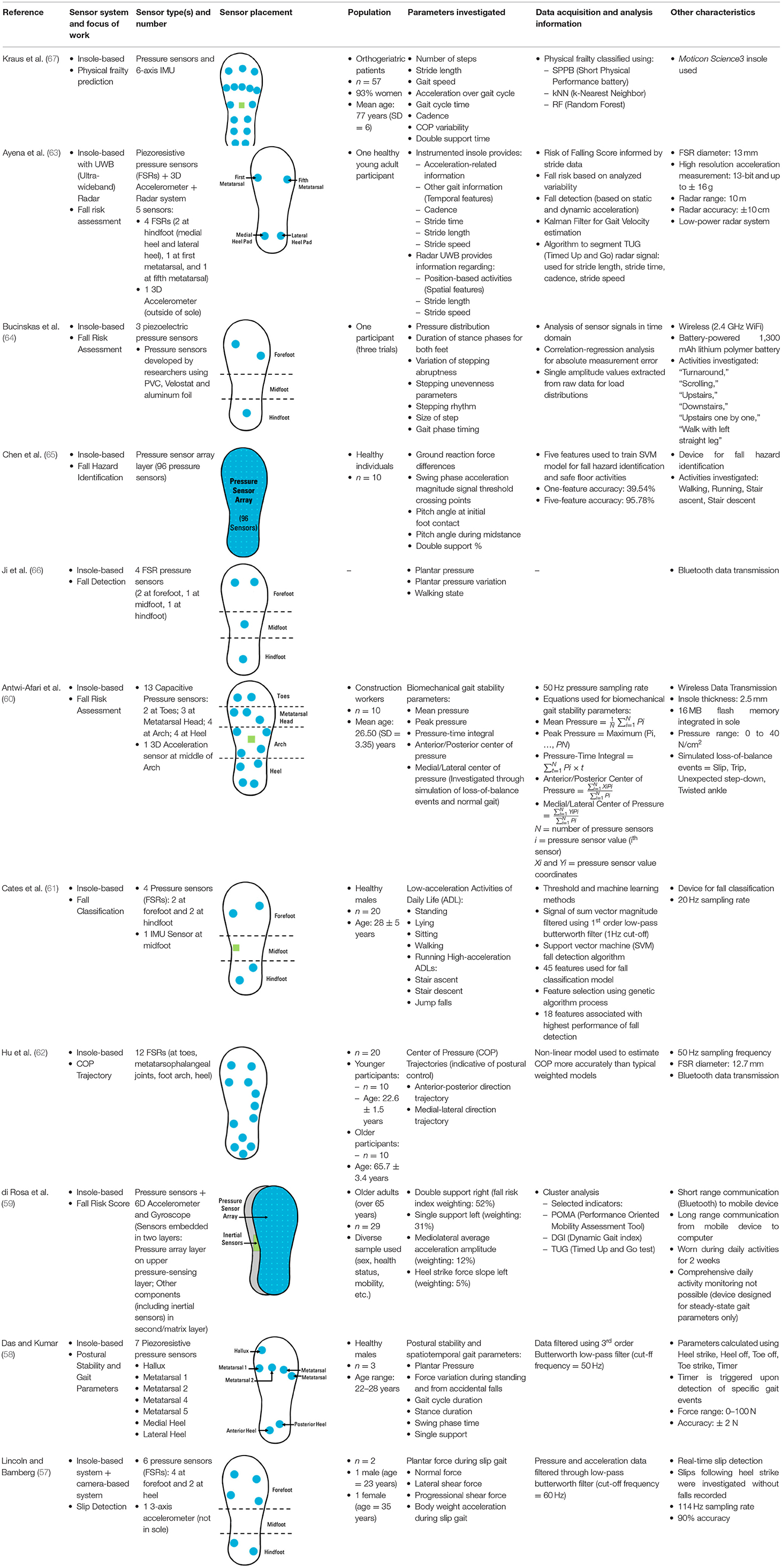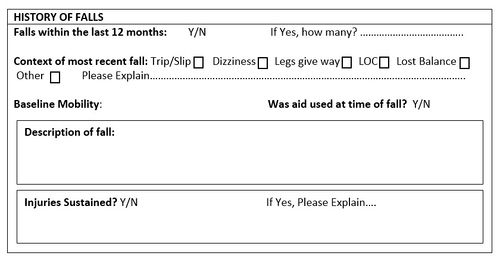Dementia Fall Risk Things To Know Before You Buy
A Biased View of Dementia Fall Risk
Table of ContentsThe Main Principles Of Dementia Fall Risk The Best Strategy To Use For Dementia Fall RiskThe 25-Second Trick For Dementia Fall RiskThe Best Guide To Dementia Fall RiskDementia Fall Risk - The Facts
You could be worried because you've had a fall prior to or because you have actually noticed you're beginning to feel unstable on your feet. You may have seen changes to your wellness, or simply feel like you're slowing down a little. Whatever the factor, it isn't unusual to become cautious and lose confidence, and this can quit you doing the important things you made use of to do and make you feel much more separated.If you've had an autumn or you've begun to feel unsteady, inform your physician even if you really feel fine or else. Your physician can inspect your balance and the means you stroll to see if enhancements can be made. They may have the ability to refer you for a drops risk assessment or to the drops avoidance service.
This info can be gotten with interviews with the person, their caretakers, and an evaluation of their clinical records. Begin by asking the specific regarding their background of drops, consisting of the frequency and circumstances of any kind of recent drops. Dementia Fall Risk. Ask about any flexibility problems they may experience, such as unsteady or problem strolling
Conduct a detailed review of the person's drugs, paying certain focus to those recognized to raise the danger of drops, such as sedatives or drugs that reduced high blood pressure. Establish if they are taking multiple medications or if there have been recent adjustments in their medicine program. Evaluate the person's home setting for prospective hazards that could increase the danger of drops, such as poor lighting, loosened carpets, or lack of grab bars in the restroom.
What Does Dementia Fall Risk Do?
Overview the person with the loss risk analysis kind, discussing each concern and videotaping their reactions accurately. Determine the total risk score based on the responses given in the analysis form.
This plan may consist of workout programs to enhance strength and balance, medication adjustments, home alterations, and references to other specialists as required. Routinely keep track of the individual's development and reassess their threat of falls as required. Customize the care strategy based on changes in their wellness condition or home environment. Provide recurring education and assistance to promote safety and lower the danger of falls in their everyday living activities.
Numerous researches have actually shown that physical treatment can aid to decrease the danger of dropping in adults ages 65 and older. In a new research (that looked at falls danger in females ages 80 and older), researchers determined the financial influence of choosing physical therapy to stop falls, and they found that doing so saves $2,144, consisting of all the surprise costs of your time, pain, missed out on life occasions, and the dollars paid for services.
The Best Guide To Dementia Fall Risk
Inspecting your heart rate and high blood pressure measurements at rest and while you turn (from resting or existing to standing). A straightforward examination of your reasoning (cognitive) capacities. Analyzing your equilibrium, stamina, and walking ability. A simple vision test. Analyzing your feet and shoes. try this out A home safety and security evaluation. Based on the assessment results, your physiotherapist will make a strategy that is tailored to your particular needs.
Older grownups who have problem walking and chatting at the exact same time go to a greater threat of dropping. Dementia Fall Risk. To help enhance your safety throughout everyday activities, your physiotherapist may design a training program that will certainly test you to maintain standing and strolling while you do one more task. Instances include strolling or standing while counting backward, having a discussion, or bring a bag of grocery stores
Your physical specialist also can recognize which activities you must stay clear of to stay safe. Community-based drops prevention programs assist people to: Lower their concern of falling. Set objectives for enhancing their physical task. Make their homes much safer. Work out much more to raise their strength and equilibrium. These programs typically are led by volunteer trains.
6 Simple Techniques For Dementia Fall Risk

Measles, or rubeola, is a very contagious, severe viral transmittable disease triggered by the measles virus. Some individuals consider measles as just a rash and fever that cleans up in a couple of days; nonetheless, measles can trigger significant health issues, specifically in youngsters younger than 5-years-old. The most effective security versus measles is the measles, mumps, and rubella (MMR) vaccination.
Falls are a common reason of injury amongst older grownups.
Unknown Facts About Dementia Fall Risk

She has a case history of seizure condition and hypertension. She is receiving an IV mixture and taking Gabapentin and Lasix. She has no history of falls, her stride this content is stable, and she voids without problems. The previous registered nurse states that she asks for aid to the shower have a peek at these guys room when she needs to go.
Examples of common fall interventions/measures include: Guaranteeing an individual's crucial products are within reach. Putting the individual's bed rails up with the alarm on. Aiding a patient while they're standing up from bed. Past understanding just how to use the Johns Hopkins Loss Risk Assessment Device, it is very important that centers incorporate its use into a more thorough fall avoidance plan.